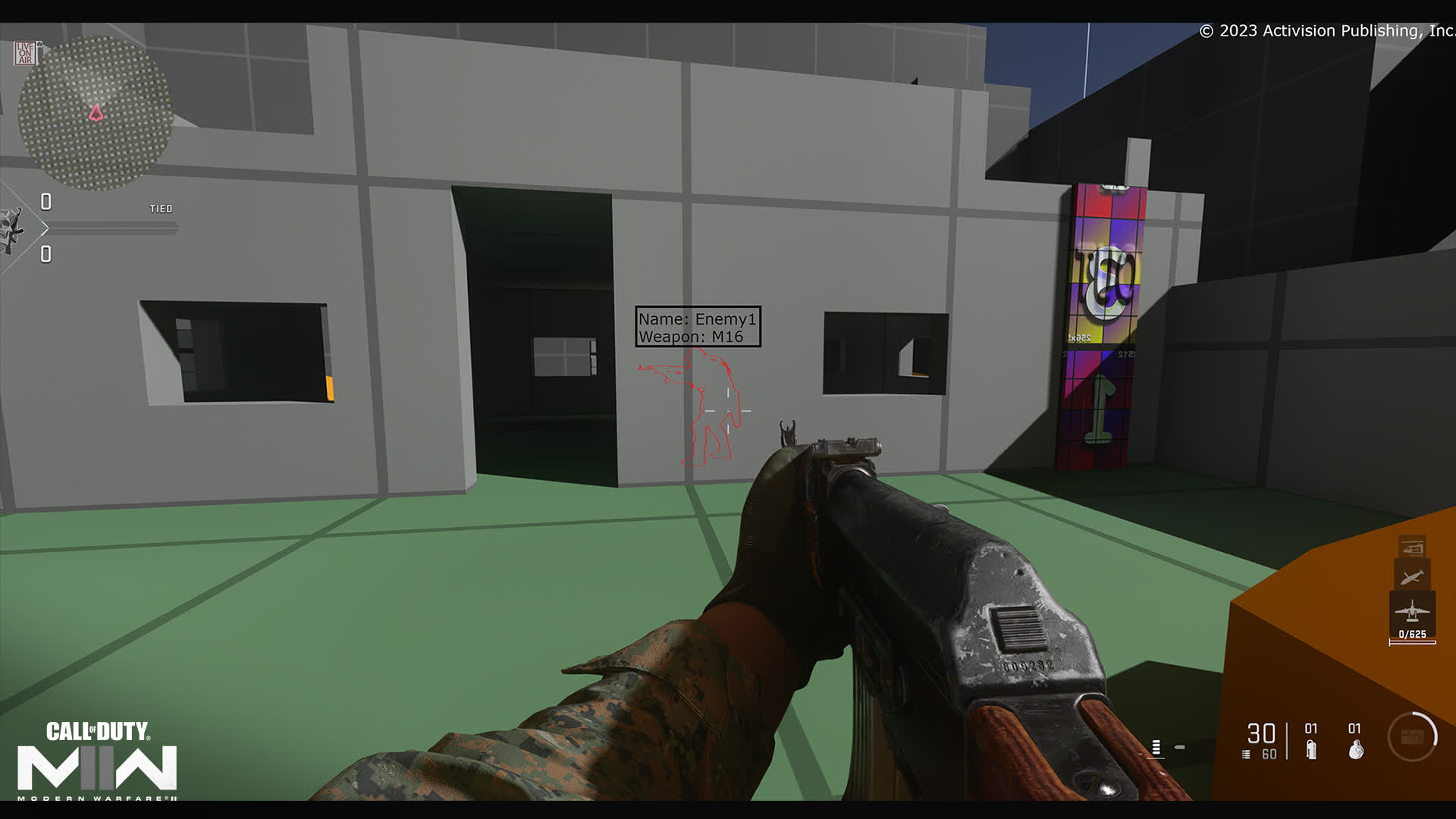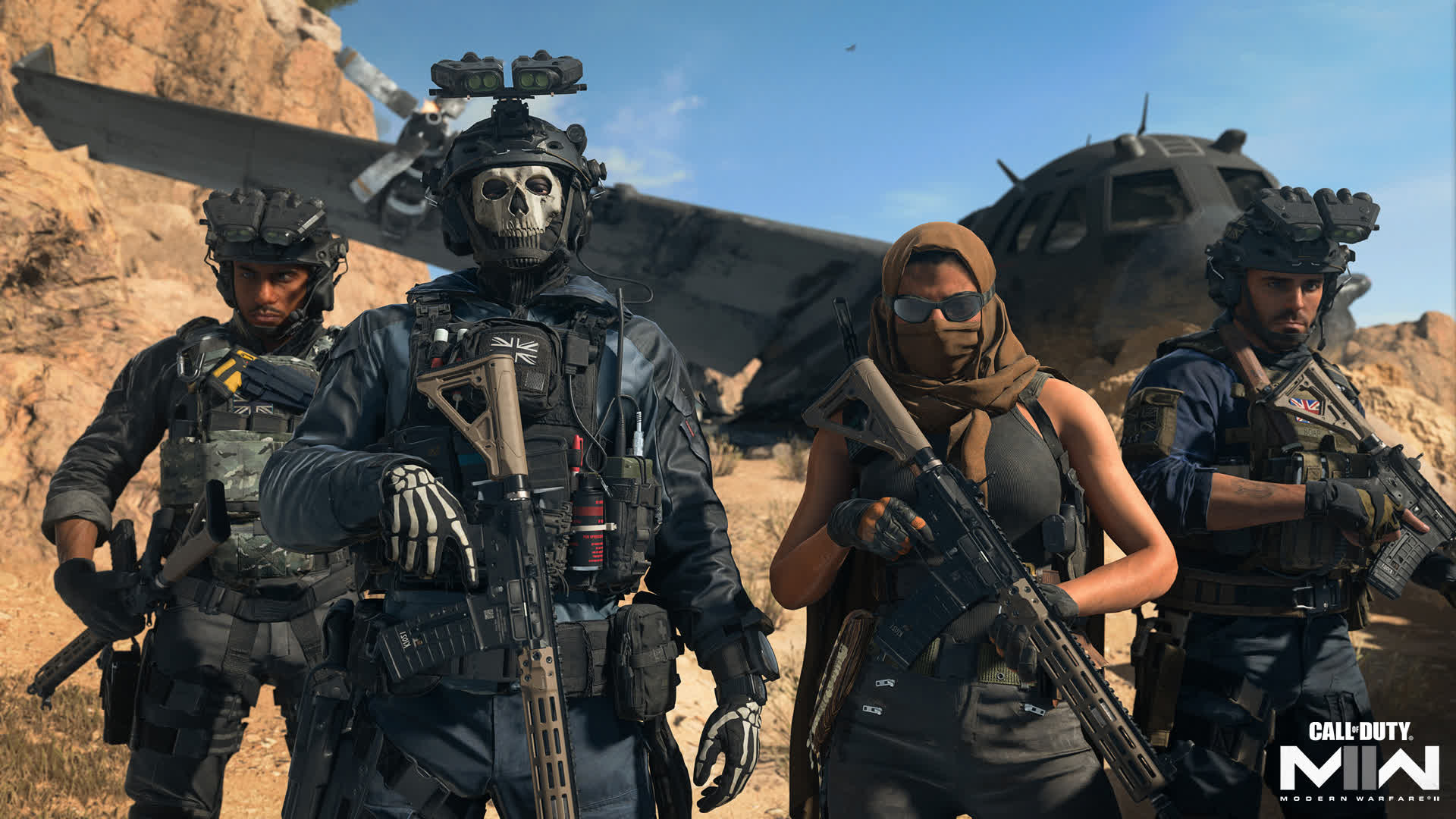In a nutshell: The team responsible for Activision's Ricochet anti-cheat system continues to advance its strategies against cheaters, and the latest measure being deployed in Call of Duty: Modern Warfare II is rather amusing.
Hallucinations are decoy characters inserted into the game that are only visible to suspected or confirmed cheaters. The decoys are not AI-based, but rather clones of real players, making them appear more lifelike. Hallucinations can't affect a legitimate player's aim, progress, or gameplay experience but can cause significant issues for cheaters.
Decoys emit the same type of legitimate data that a real character would. For example, an aimbot will lock onto them just as it would a genuine player. As a result, hallucinations can force hackers to self-identify as a cheater (if they are the only one who can see the decoy and they interact with it, they must be a cheater) and also slow them down.
A whitepaper titled, "Reversing Anti-Cheat's Detection-Generation Cycle With Configurable Hallucinations," has been published should you want to dig deeper on the subject.

Elsewhere, the Ricochet team has shelved another mitigation called quicksand that would slow or freeze the movement of cheaters. The deterrent adjusted cheaters' connection delay to the game server, effectively making them sitting ducks for other players to pick off. As an added bonus, the mitigation would occasionally alter a player's input settings to further disorient them.
As fun as it was, the team ultimately decided to decommission quicksand as it impacted the experience of legitimate gamers. They did, however, leave open the possibility of revisiting the concept in the future.
Activision also provided an update on a newly deployed detection method for what it calls malicious use of third-party hardware devices that provide an unfair advantage. Within the first two weeks, the team noted a 59 percent drop in the use of offending devices in Modern Warfare II and Warzone.
Call of Duty: Modern Warfare II can currently be had for 45 percent off as part of the Steam Summer Sale, bringing the cost down to $38.49 through July 13.
